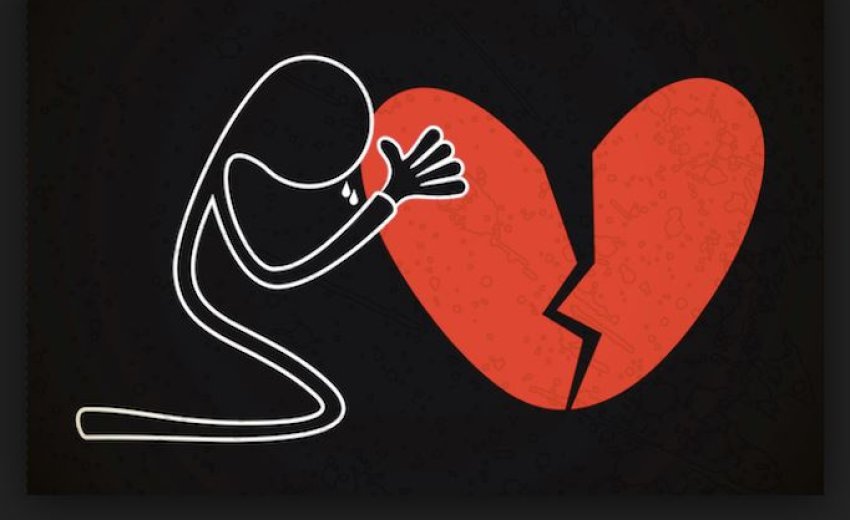 London: Giving credence to what has inspired sonneteers and songwriters galore, a new study says that a broken heart really can be bad for your health.
London: Giving credence to what has inspired sonneteers and songwriters galore, a new study says that a broken heart really can be bad for your health.
An international team has carried out the study and found that a broken heart can take a toll on a person's health as emotional loss triggers symptoms similar to a heart attack,'The Daily Telegraph' reported.
According to researchers, rows with a spouse and bad news about a loved one can spark a rush of stress hormones to the heart causing it to weaken or even appear"stunned", a condition, which doctors have dubbed "broken heart syndrome".
The team, led by Brown University, has based its findings on an analysis of 70 patients with the "broken heart syndrome" between 2004 and 2008.
The researchers found that two thirds had suffered extreme emotional or physical stress immediately before their symptoms appeared. These ranged from domestic disagreements, upsetting information about a family member, to physical illness or even a car accident.
All arrived at the hospital with symptoms similar to those experienced by heart attack victims, including chest pain and shortness of breath. One in five were critically ill and needed emergency treatment to keep them alive.
But doctors found that the patients did not suffer the long-term damage to the muscle linked to a real heart attack. After treatment, all of the patients, almost all women who had already gone through the menopause, made a full recovery.
Lead researcher Dr Richard Regnante said: "It can be difficult for cardiologists and physicians to diagnose and manage patients with broken heart syndrome."
Although there is much we're still learning about broken heart syndrome, we do know that it is rarely fatal as long as patients are fully supported with medications, respirators and other critical devices in the first 48 hours.
The study, published in the American Journal of Cardiology, has also showed that the syndrome was more common in spring and summer, whereas real heart attacks are more frequent in winter.
